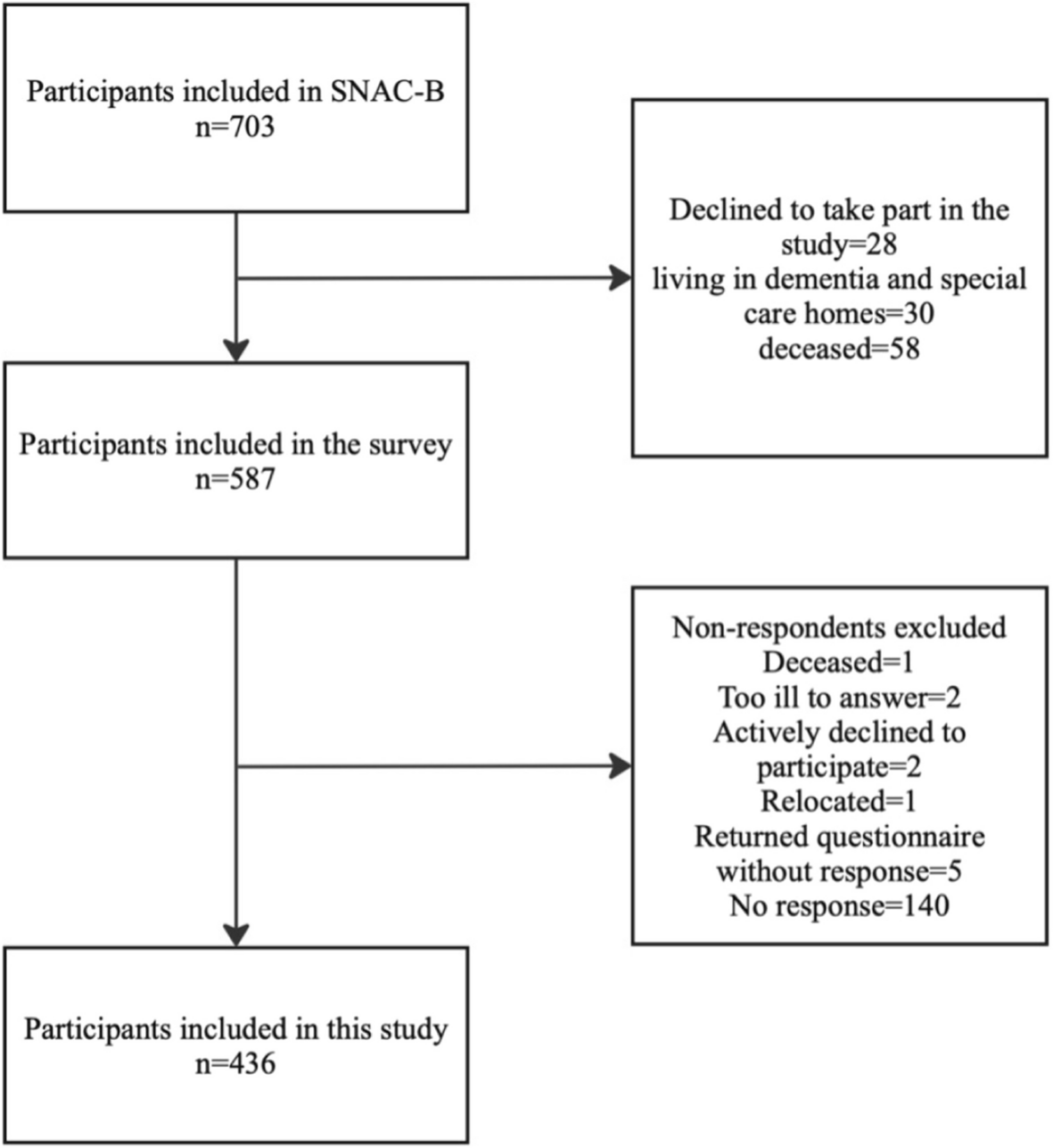Exploring Sleep Health and Technology Use Among Older Adults in Sweden
Recent studies have brought to light the intricate relationship between sleep health and technology use, particularly among older adults in Sweden. As a population increasingly connected to digital landscapes, understanding how technology impacts sleep patterns and overall well-being has become a critical public health concern. This article delves into various research findings pertaining to this topic, summarizing key insights and implications while focusing on the intersection of sleep health and technology use.
Understanding Sleep Health
Sleep health encompasses more than just the quantity of sleep; it includes aspects like sleep quality, timing, efficiency, and the ability to maintain regular sleep patterns. The National Sleep Foundation (NSF) highlighted that good sleep is essential for physical, mental, and emotional health, especially among older adults who face unique challenges related to aging and sleep disturbances.
A systematic review by Ravyts and Dzierzewski (2022) emphasizes that maintaining healthy sleep is crucial for psychological well-being and cognitive function in older populations. Chronic sleep issues in aging adults can affect their quality of life, leading to increased risks of cognitive decline, mood disorders, and other health complications. Therefore, fostering good sleep health is seen as an integral part of promoting healthy aging.
The Role of Technology in Sleep
In the digital age, the relationship between technology and sleep cannot be overlooked. Use of smartphones, tablets, and other devices has become ubiquitous, and its impact on sleep health has been a subject of extensive research. Several studies indicate that excessive screen time—especially before bed—may exacerbate sleep problems due to the blue light emitted by screens, which interferes with melatonin production and disrupts circadian rhythms.
Research has shown that problematic smartphone use, particularly among older adults, is correlated with poorer sleep quality, alongside increased depression and anxiety. A systematic review conducted by Yang et al. (2020) found that high levels of technology use, particularly social media interaction, can significantly impair sleep by increasing cognitive arousal and delaying sleep onset.
Insights from Sweden’s Aging Population
The Swedish population provides a unique context for examining sleep health and technology use among older adults. With high internet penetration and an increasing number of older adults engaging with digital platforms, Sweden serves as a pertinent case study. Data from the "Svenskarna och internet" report (2023) illustrated trends in technology adoption among older cohorts, with notable increases in smartphone usage and social media engagement over recent years.
A study conducted by Ghazi et al. (2023) in Blekinge, Sweden, explored the effects of eHealth literacy on perceived health status among older adults. The findings indicated that those with higher eHealth literacy exhibited better sleep quality and overall health, suggesting that familiarity with technology can positively influence sleep health if leveraged appropriately for health management.
Sleep Disruption and Mental Health
The implications of sleep disruption extend beyond day-to-day functioning; they significantly affect mental health outcomes. Research shows that sleep disturbances are common in older adults and are linked with heightened risks of conditions such as anxiety and depression. The study by Dzierzewski et al. (2021) highlighted that lifestyle factors—including technology use—affect sleep health across the lifespan. Adjusting technology usage habits, particularly before bedtime, is essential for improving sleep outcomes.
Moreover, with the COVID-19 pandemic accelerating the shift towards digital health solutions, older adults became more reliant on technology. While some flourished with virtual communication and online health resources, others faced challenges related to digital competency, which could create disparities in access to beneficial health resources.
Recommendations for Healthy Sleep
To promote better sleep among older adults, several strategies can be implemented:
Digital Literacy Programs: Improving digital literacy across all age groups can empower older adults to effectively engage with technology, reducing anxiety and enhancing their health management capabilities.
Limiting Screen Time: Encouraging a reduction in screen time, particularly before sleeping hours, can significantly enhance sleep quality. Experts suggest implementing a "digital curfew" to mitigate blue light exposure.
Mindfulness and Relaxation Techniques: Integrating relaxation techniques, such as mindfulness meditation or gentle stretching before bed, can counteract the stimulating effects of technology use.
Educating on Sleep Hygiene: Providing resources and education around sleep hygiene—including the importance of a consistent sleep schedule—can help older adults develop healthier sleep habits.
- Leveraging Technology for Good: While technology can have negative effects on sleep quality, it can also serve beneficial roles. Apps that promote relaxation or monitor sleep patterns provide pathways for improved sleep health when utilized correctly.
Conclusion
The relationship between sleep health and technology use among older adults in Sweden highlights a complex landscape marked by both challenges and opportunities. As the aging population continues to integrate digital technology into their lives, understanding and managing the effects of this transition is vital. The promotion of healthy sleep through education, digital literacy, and mindful technology use offers a roadmap for enhancing the well-being of older adults. As we navigate this evolving digital world, prioritizing sleep health remains an essential component of public health discourse, ensuring that technology serves as a tool for empowerment rather than a source of stress.








